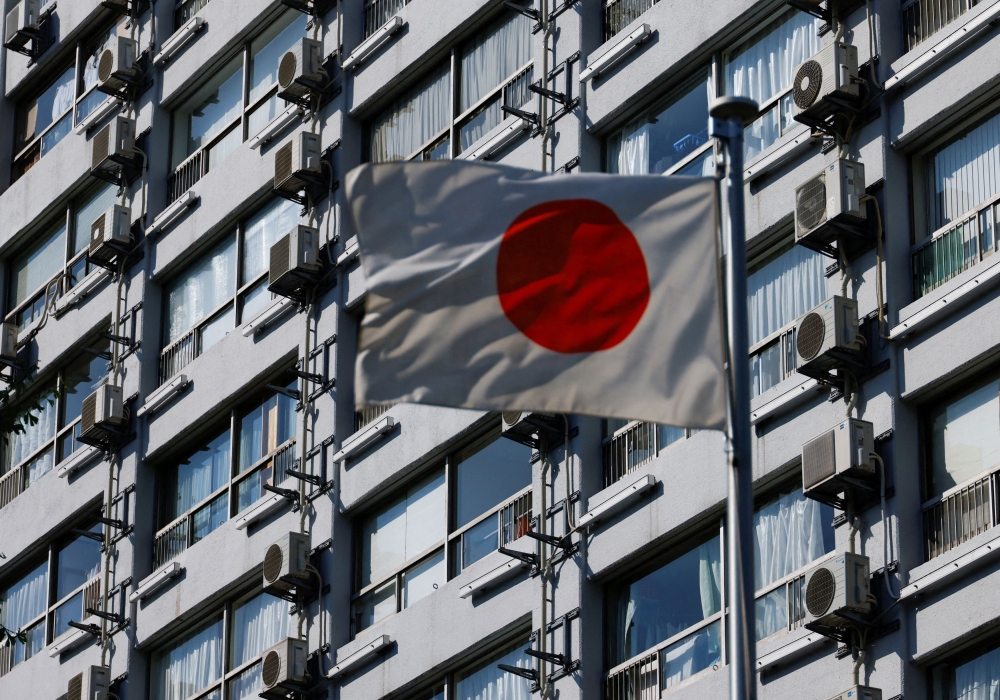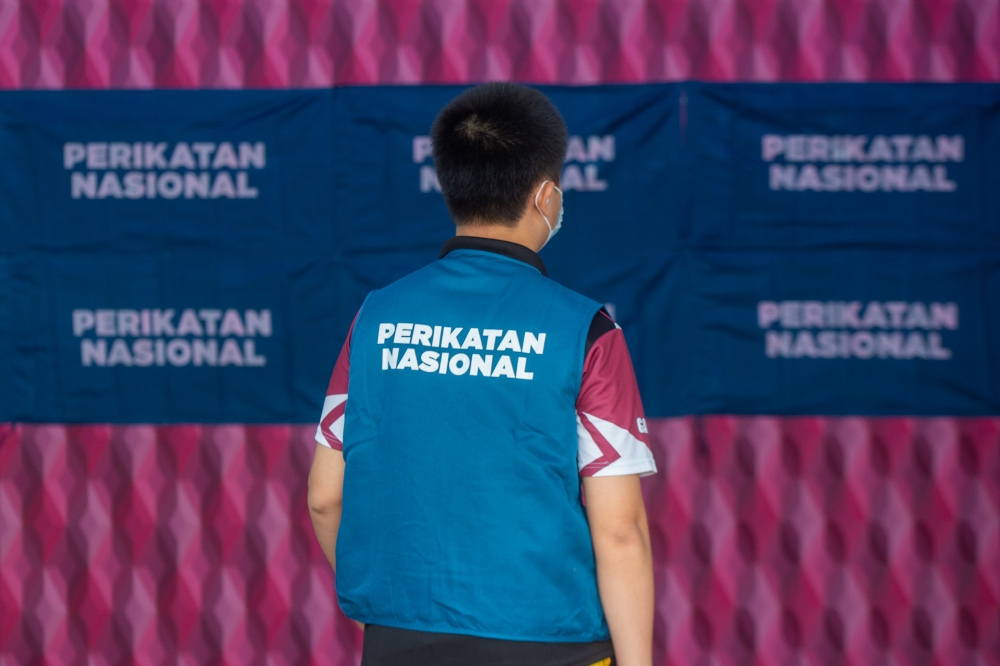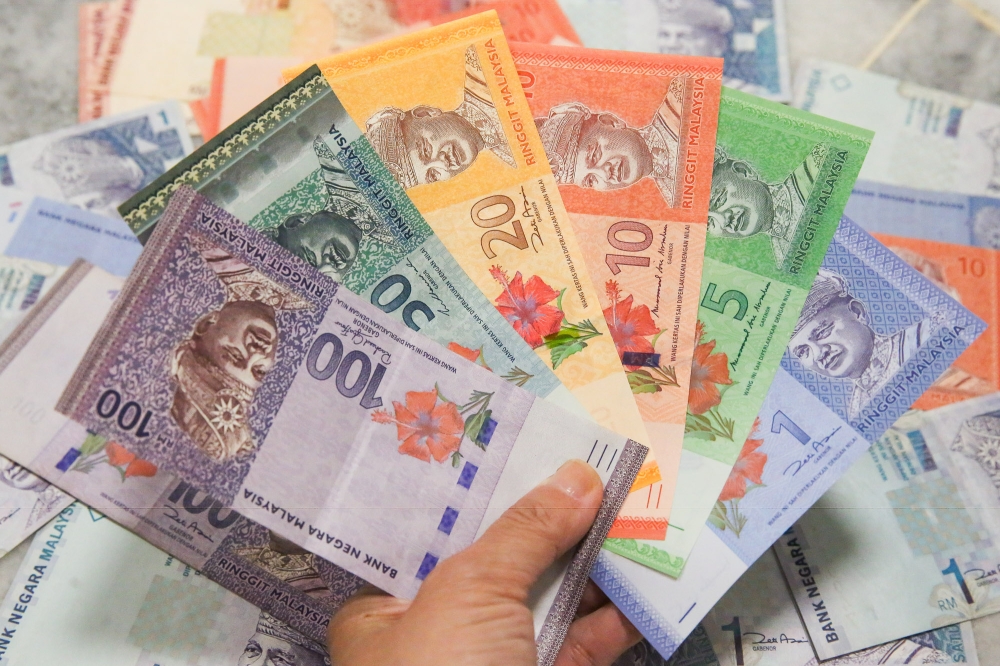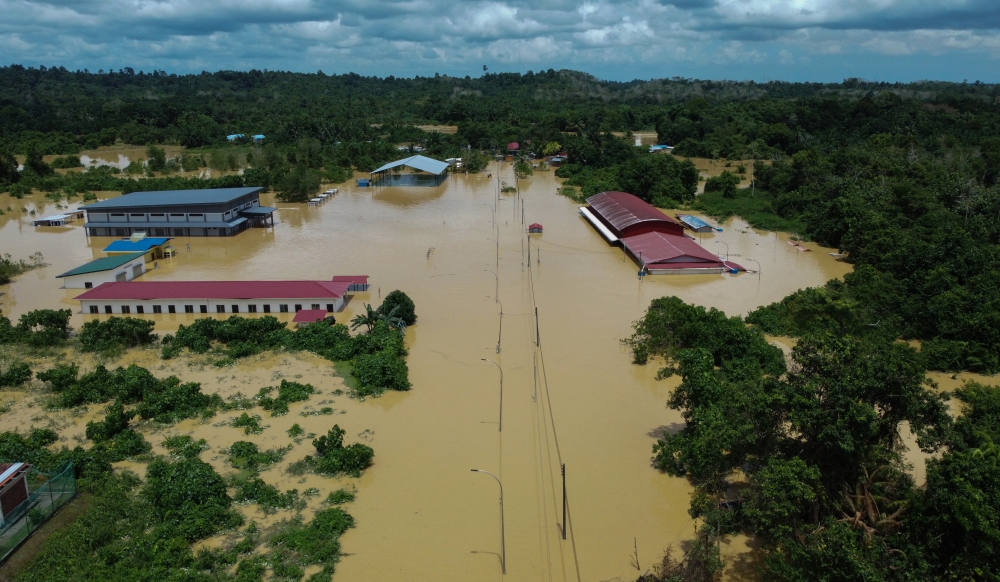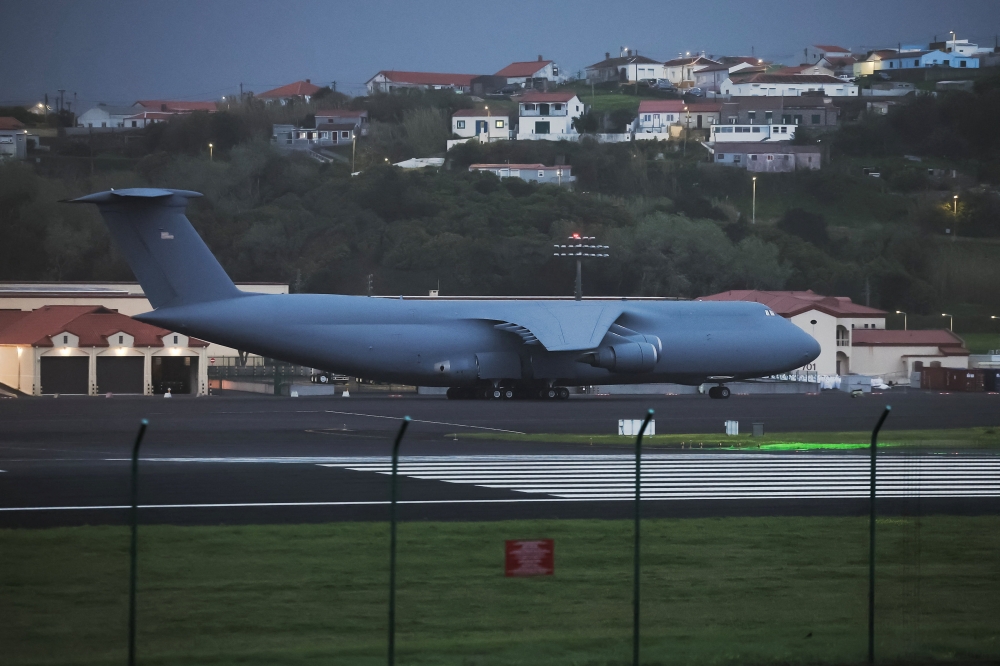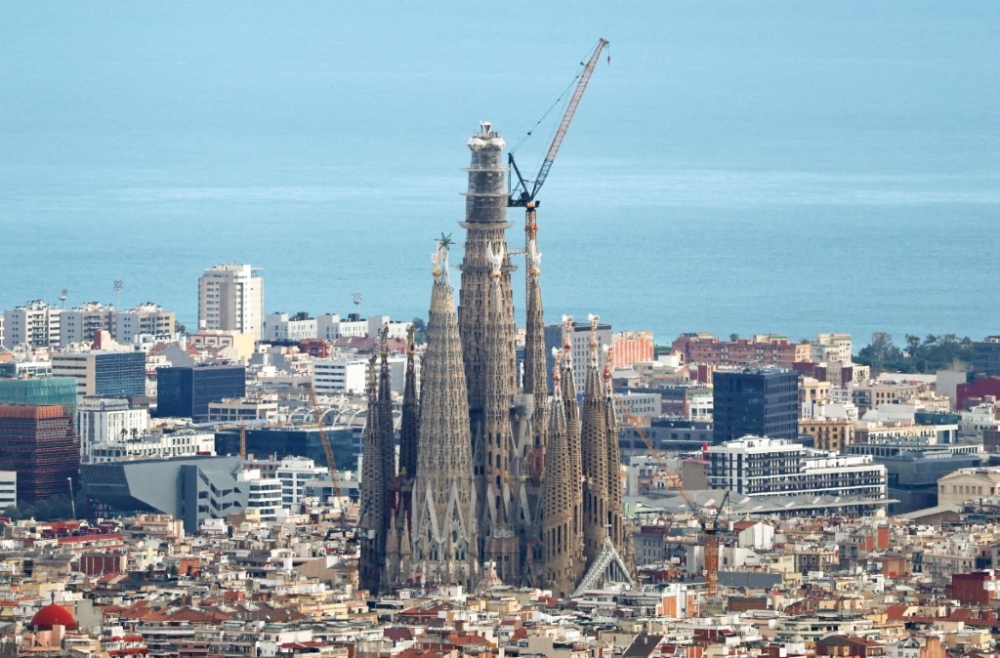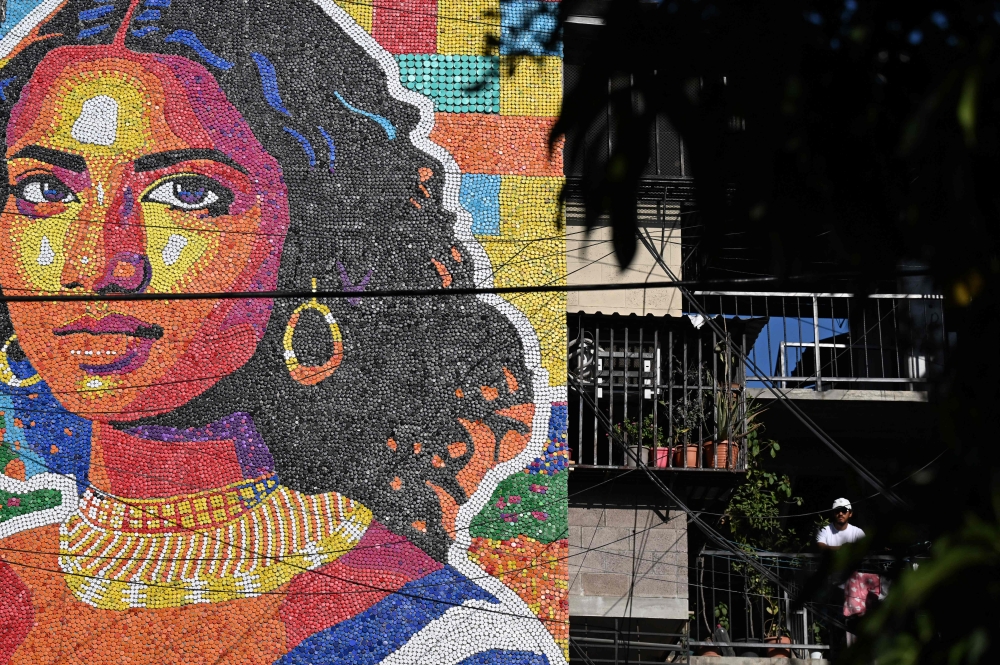PETALING JAYA, May 17 — Malaysians throw away 15 million kilogrammes of food waste each day.
This is based on statistics from the Solid Waste Management and Public Cleansing Corporation (SWCorp).
The number, however, increases by an alarming 15 to 20 per cent during Ramadan.
What’s more, these figures don’t account for the amount of single-use plastic containers, bags and disposable straws used to pack your favourite kuih and ‘ikat tepi’ drinks at Ramadan bazaars.
Zero Waste Malaysia co-founder Khor Sue Yee told Malay Mail that the majority of the trash produced by these bazaars will choke up the seas if not disposed of properly.
“Trash in the ocean will most likely affect the marine life whereby the most threatening issue now is the amount of microplastics in the ocean,” she said.
“It has been increasing these past few years compared to plankton that is supposed to be the main food source for marine life.”
Khor added that more education on the harmful effects of single-use plastic and food waste was needed to drive the point home, especially for those who throng Ramadan bazaars.
“We don’t just lack a proper infrastructure system but we also lack awareness among the public,” she said.
“As a conscious consumer, we have the choice to make an impact by avoiding wastage regardless of the festive season but in our daily life as well.”
Mountains of food waste generated by Ramadan bazaars rot away in landfills where they release methane gases and contribute to global warming.
While methane can be captured and burnt as an energy resource, Sampah, Menyampah co-founder Carolyn Lau said the plastic bags wrapped around food makes this process difficult and inefficient.
“Food waste comprises 55 per cent of our landfills. Our landfills are filling up fast with this food which could be put to better use making compost and feeding the soil rather than polluting it,” Lau told Malay Mail.

Lau, who co-founded the Tak Nak Straw campaign to prompt Malaysians to say ‘no’ to plastic straws, said traders should encourage customers to bring their own reusable containers and perhaps give them a small discount or a little extra food as an incentive.
Bazaar traders and hotels that host Ramadan buffets are also urged to donate surplus food to the needy and keep food waste out of landfills.
Even simple acts like planning ahead and buying only the amount of food you need can have a positive impact on the environment.
“In this spiritual time, we — as with all religions — are reminded to be more mindful in our thoughts and deeds and to practise moderation in our habits of consumption, whether with food or clothes,” she added.
“We must start treating (the planet) like our home, which it is, and to extend our concept of home and house compound to include the streets, walkways, buildings, malls, parking lots, drains and forests, rivers, seas and mountains.”




